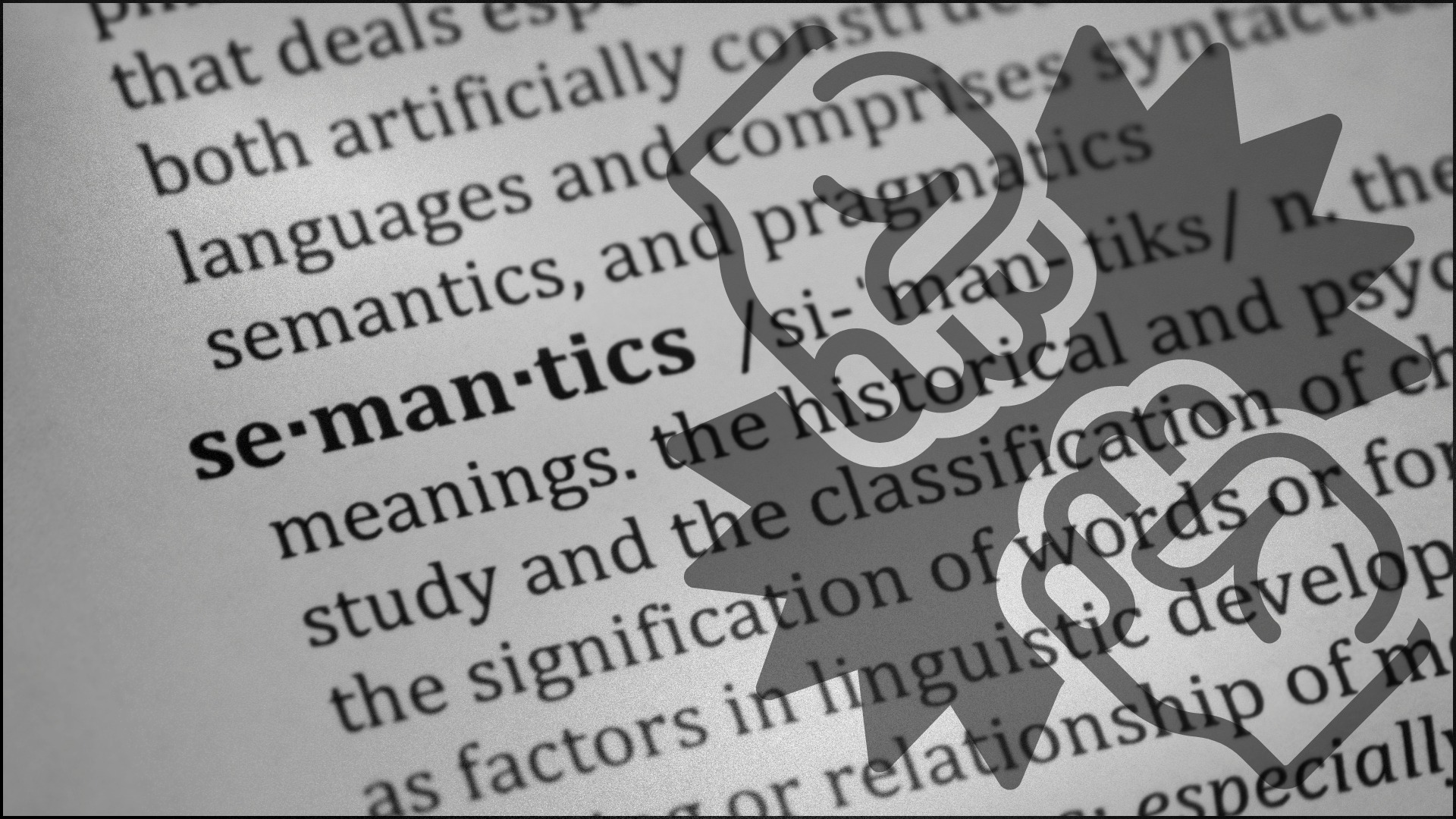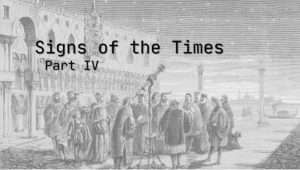Intro:
It would seem that in our modern society words are no longer the fixed building blocks of language they have been since, well, the creation of verbal and written communication. Indeed, it’s more than mere semantics, as words and their usage have become something more fluid and amorphous, shaped into whatever the speaker needs them to mean. This is never more aptly demonstrated than with slang, but that is not the manner to which I am referring.
Manipulate, Distort, Control
No, I am speaking of a tactic used by various actors, be they political or cultural, to manipulate, distort, and control thought and speech, in order to push a particular narrative or agenda. I have mentioned such things previously but only in passing, or as a part of another whole, but here, I should like to hone in on the matter and address it on its own.
Did The Meaning Change Organically?
Before I go on, if I wish to maintain some semblance of intellectual honesty and integrity, I will concede the evolution of language as time progresses, though I cannot say it has always been for the better. One example that readily comes to mind: the words “queer” and “gay” in previous generations were not descriptors of a person’s sexual proclivities, but were used to say something was out of the ordinary in the case of the former; and to remark on someone overtaken by merriment or joy in the case of the latter. Whether the evolution of these two particular words was by design, or ‘just so happened’ to occur, I cannot say with any real certainty. (Though given the subject at hand, it would surprise me little if by design were the case.)
There is something to be said if such changes were to happen organically, often accepted as the obvious direction the thing was heading. The same cannot be said when change comes about via coercion. I have long held the contention that if something is forced, it will not (nor does it possess the ability to) last.
A Lesson From My Youth
Let me explain.
My father is a man of many skills: automotive, mathematical, carpentry, just to name a few. As such he would encourage me and my siblings in those pursuits, some taking more easily than others; some not at all. Often when he would take to working in the garage he would insist on one, or all of us come out to assist him. More times than not (regrettably so) it felt like trying to thread a nut onto a stripped bolt. It might take hold for a time, but eventually the nut will slip off, the bolt will come loose from its place, and things will fall apart [I suppose it did stick after all].
The same is true of the words we use. When utilized properly, they can fit together like sitting a nut and washer into the grooves of a bolt: you twist and twist and twist, with no resistance or friction until snug, and if left unadulterated, it will remain secure. (I understand this might be a labored simile, but stay with me.)
2+2=5
Every so often though, someone comes along, however well-intentioned, who believes they and they alone have the right of something, and shall take apart what has been built to reassemble it “better”. No doubt you have encountered these people in one fashion or another. The kind of person who, when pressed with the question, “What is a woman?”, responds with, “Anyone who identifies as such”, as though they’ve cleared up the matter and nothing more need be said. Another idiom used by this sort of person, “Abortion is healthcare”, as though saying “green is red”, or “2+2=5” will magically make it so. Now, I don’t wish to disparage these people anymore than I already have, I only wish to address the two aforementioned notions.
“What Is A Woman?”
Firstly, the question seems to be, all at once, the simplest and (apparently) the most difficult to answer. So with all deference to the illustrious Matt Walsh, “What is a woman?”
The more literal among us might say, “A woman is an adult human female, whose genetic makeup is composed of copious amounts of estrogen , XX chromosomes, with internal genitalia -ovaries, vagina, uterus, etc.- and is able to bear children.” That to me seems to me a sound definition, but were we to stop there, it may seem we are cold and unfeeling, and that certainly will not do.
You needn’t go further than lyrics and prose to discover what the creative mind has to say regarding womanhood. Indeed, the arts and literary spheres are replete with sonnets, limericks, paintings, and sculptures attempting to convey the beauty, virtue, and grace of the fairer sex, as well as her strengths; her depths, and her complexities.
She is her biological makeup, and at the same time, so much more.
It is indeed a most egregious affront to the very notion of womanhood if one need only say, “I am thus” in order to “be” one.
The Lie: “Abortion is Healthcare”
Next we come to the heinous notion of “abortion is healthcare”. I shall do my utmost to control my vomiting reflex as I speak about this issue, but I will make no guarantees. The idea that in utero murder should be considered a means of maintaining health requires a level of gymnastic ability few Olympians possess. To abort something literally means, “to terminate a process before its full course has been run”, in other words, “to bring to an end”. I should think we needn’t state the obvious of what such a definition entails for living beings; death, it means death. Irony abounds. So if the healthcare is not intended for the child, supposedly it then follows that it is meant for the mother, right? If that is the case, then I must ask, how is such a thing healthcare?
If you say it is physical, I would ask, “Are you not using a surgical procedure to interrupt a female body’s natural process?” If you say it is mental or emotional, I would ask, “Doesn’t undergoing an incredibly invasive operation to end an innocent life weigh heavy on the mind and heart, both before and after it has ended?”
So, if the process of abortion ends the life of the innocent child in utero, and it is strenuous on the mental and emotional faculties of the mother, where does the health portion come into the equation?
“…arguing over semantics.”
At some point in these, let us say, spirited discussions on this (and other) controversial subjects, someone will inevitably utter the phrase, “You’re just arguing over semantics”. But what is that? Semantics is defined as, “the meaning of a word, phrase, sentence, or text”. In other words, arguing semantics is to argue over the definition and meaning of words; it is threading the nut properly onto the bolt. It is using words as they were intended, not to push any sort of agenda. It is recognizing that dressing in drag and calling yourself, “Jenny”, will not make you a woman. And calling murder, “healthcare”, does not make it so.
Some issues are more than quibbles over mere semantics, especially where human life is concerned.


